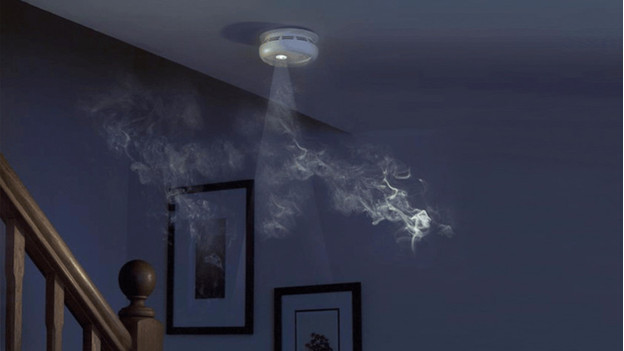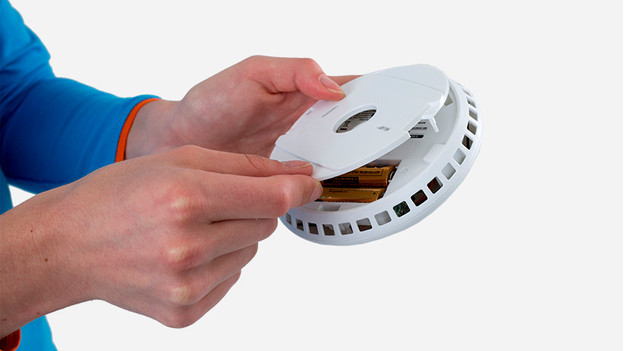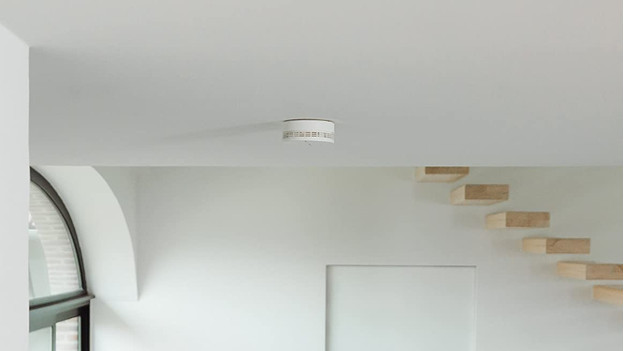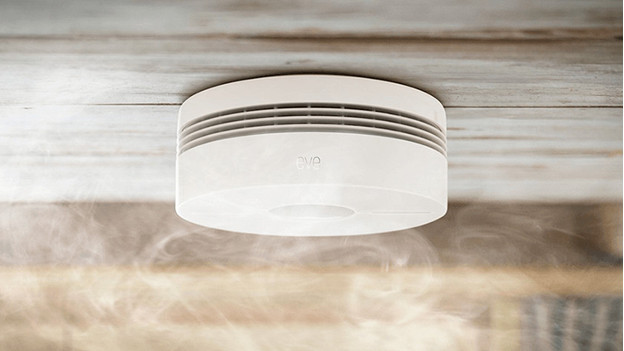
Why does my smoke detector go off without a reason?
Tip 1: mount the detector in the right spot

A lot of smoke detectors raise a false alarm when they're mounted near a damp place or close to appliances that produce combustion particles. It's important that you place the detector at least 3m away from the bathroom and kitchen. Only heat detectors are suitable for these areas. Make sure the smoke detector is at least 6m away from heaters, boilers, or ovens. It's also a smart idea to place your smoke detector at least 1m away from any lamps and windows that open.
Tip 2: check the sensing chamber for dust

Dust on the inside of a smoke detector makes the sensor more sensitive. Smoke detectors detect smoke based on an infrared sensor. This sensor can't tell the difference between smoke and a layer of dust. Built-up dust can trigger the alarm, even if there's nothing wrong. That's why you should clean the smoke detectors in your house with the vacuum and a cloth every month. A smart smoke detector notifies you when it's time to clean the detector.
Tip 3: replace the batteries or the smoke detector

If the tips above don't work, the smoke detector is almost empty or broken. Many smoke detectors give a signal in case of a technical error. An empty battery also causes a blinking red light on your smoke detector. Replace the batteries of the smoke detector if that's possible. You can do so by removing the hatch on the back, or by twisting off the top of the detector. Doesn't this work? You have to replace the smoke detector completely.
Tip 4: temporarily turn off the smoke detector

Sometimes, you can turn off a smoke detector if you press the button in the middle of the smoke detector. In some cases, the whole smoke detector is a pause button. This way, the smoke detector goes into a silent mode for the next 8 hours. That's nice, because a smoke detector beeping from time to time might scare you. Make sure you replace the smoke detector soon, because the beeping sound is there for a reason. Without a detector, you might notice a fire too late.
Tip 5: solve errors with other signals

Sometimes, a smoke detector doesn't raise a false alarm, but it does produce a different beep. Depending on the type of smoke detector you have, this can mean different things. Some smoke detectors automatically give a signal if there's dust near the sensor, for example. Other detectors beep if the battery isn't properly inserted. In the article below, we'll explain what the best approach is in these situations:


